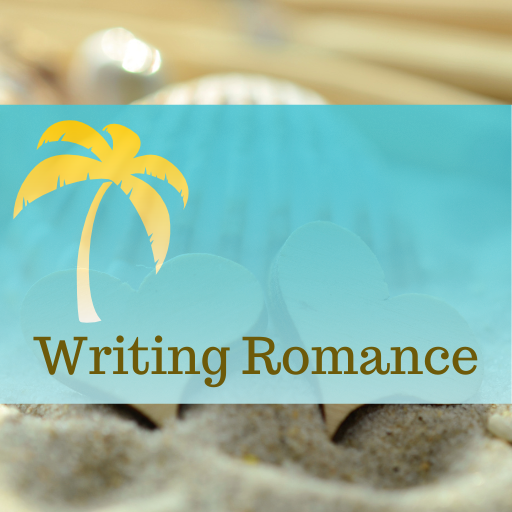Helping Authors Bring a Setting Alive
Using all five senses in creating a scene will make it more vivid. Here are tips for helping authors use the five senses in the setting of a book rather than relying solely on visual descriptions.
How to Use the 5 Senses When Writing the Setting of a Book
Authors often visualize their stories as if they were movies unreeling in front of them. This is unfortunate because it often means they focus heavily on the visual when the world of narrative offers so much more!
Namely, the other four senses—sound, smell, taste, and touch.

Using the FIVE Senses: Setting of a Book
Sight alone does not make a reader feel immersed in a story. When authors do this, the setting often feels as if it were merely a backdrop to the unfolding story events and not an actual place where the characters interact.
My basic rule of thumb, and a place to start, is that every page of the manuscript should have a sense other than sight on it. Bells should jingle, and trash cans reek. The skin should prickle, and mouths should pucker.
Often, the challenge is that authors lack the vocabulary or language of the senses, so it can be helpful to provide resources for them. WritersWrite.co.za has some great resources on describing all five senses. Here’s one.
We can also encourage the author to show the characters reacting to their senses: “The stench of putrefying flesh turned my stomach” versus “It smelled disgusting.” This is a matter of showing the character in the setting, not just posing in front of it.
Tips for Editors & Writers
Let the manuscript teach you how to edit it
One of the lessons I’ve learned over many years of editing is that you have to let the manuscript teach you how to edit it. Every manuscript is different and every manuscript needs a different touch. Even when an author does something I’ve seen many times before, I have to edit for that particular manuscript,…
Helping Authors Strengthen Story Settings
The setting of a novel consists of multiple elements, big and small, that nest inside each other like those little Russian dolls. We might show this hierarchy of settings like so: If you think about it, the micro setting of “the living room of 601 San Mateo Road Apartment 16” implies the existence of all…
Setting problems: lack of concrete locations
Writers often use setting like a painted backdrop to their stories, rather than as an integral element of their storytelling. As DEs, we can help them make the setting come to life. If we think of Wuthering Heights, we think of the Yorkshire moors. When we think of Moby Dick, it’s a whaler on the…
Join the Club!
New to story editing? Begin at the beginning.




